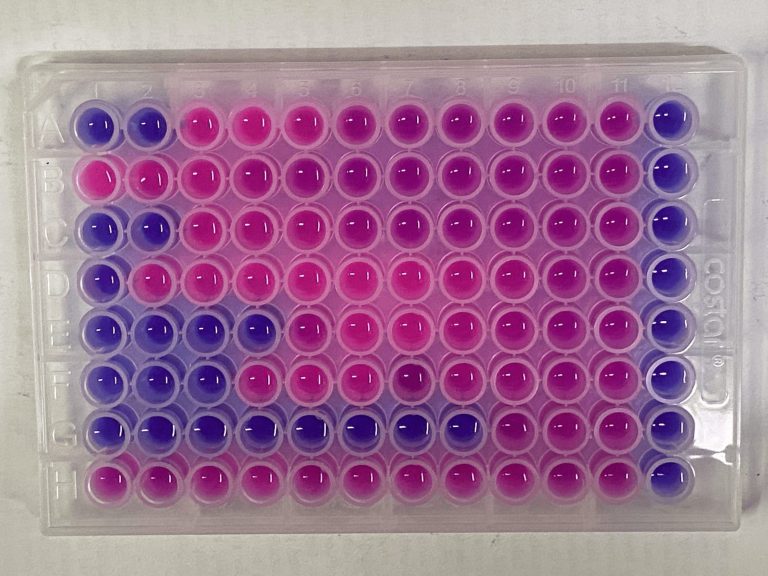QUEZON CITY, Philippines (Apr 2025) — Filipino scientists from the University of the Philippines have found that tweaking the molecular makeup of spider venom could lead to more potent antibacterial agents — and maybe even new weapons in the fight against drug-resistant bacteria.
The study, led by Jomari Fernando and Dr. Aaron Joseph Villaraza of the UP Diliman College of Science’s Institute of Chemistry, in collaboration with the Marine Science Institute, looked into the properties of lyp1987, an antimicrobial peptide (AMP) derived from the venom of the wolf spider Lycosa poonaensis. Their work focused on replacing certain amino acids with alanine, a basic building block of proteins, to see how the changes would impact both the structure and antimicrobial action of the peptide.
Their findings revealed something unexpected: structural changes were minimal, but even small tweaks in the amino acid sequence significantly altered the compound’s antibacterial performance. In particular, replacing Glu12 and Thr17 with alanine improved lyp1987’s effectiveness against both Gram-positive and Gram-negative bacteria. When Lys9 was replaced, the modified peptide became more selective, targeting only Gram-positive strains.
Fernando also noted a trade-off. As the compound’s antimicrobial activity increased, so did its toxicity to human cells. “Some modifications made the compound prefer one type of bacteria over another, but they also increased toxicity,” he said.
The team was able to synthesize the compounds and their analogs in pure form and test them with help from MSI researchers. Though the study has ended and the researchers are no longer working on AMPs, the work offers a clear model for further exploration of venom-derived peptides.
Their study, titled The Wheel of Fortune: Helical Wheel Alanine Scanning of a Spider Venom Antimicrobial Peptide Reveals Residues Involved in Antimicrobial and Cytotoxic Activity, was published in ChemMedChem, a peer-reviewed journal on medicinal chemistry. The research received funding support from the Royal Society of Chemistry Research Fund.
With the Philippines continuing to build its name in the global scientific community, studies like this show that local expertise can contribute to solving worldwide problems like antimicrobial resistance.


